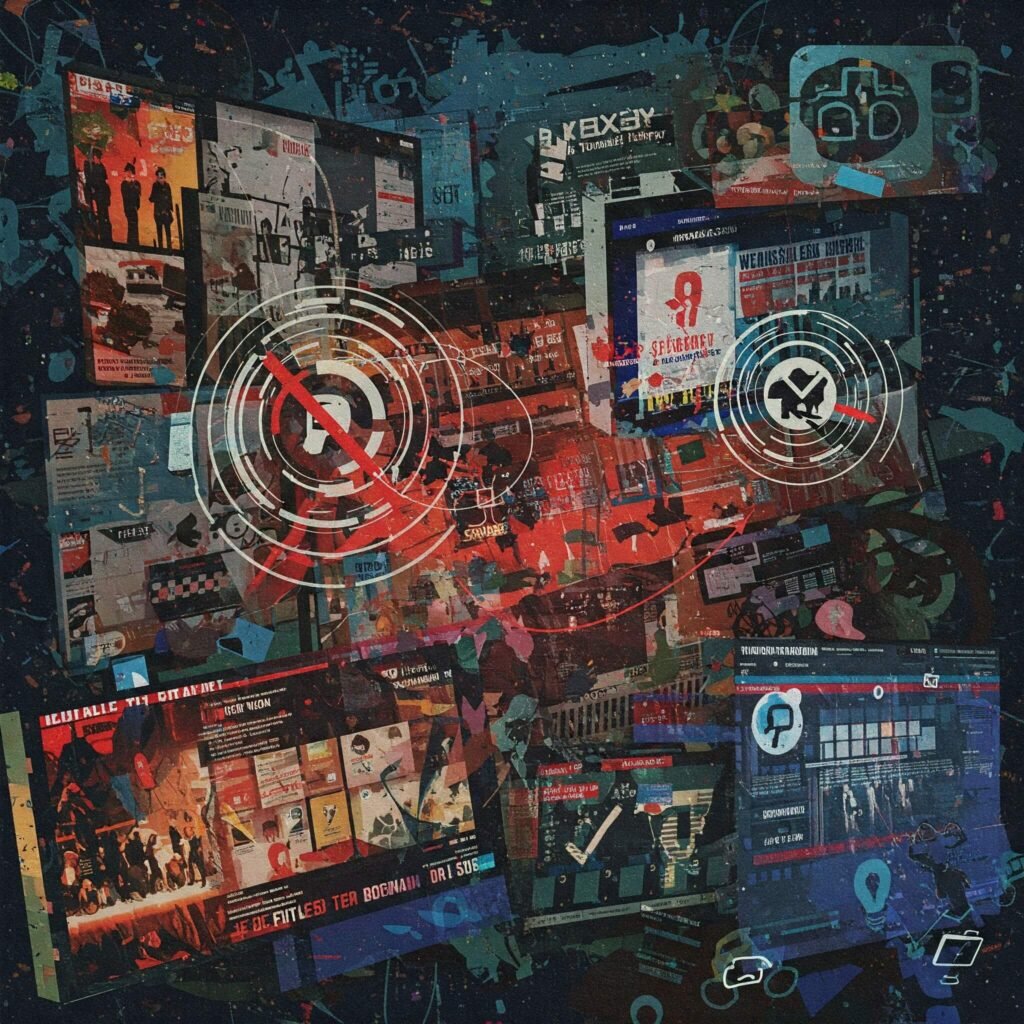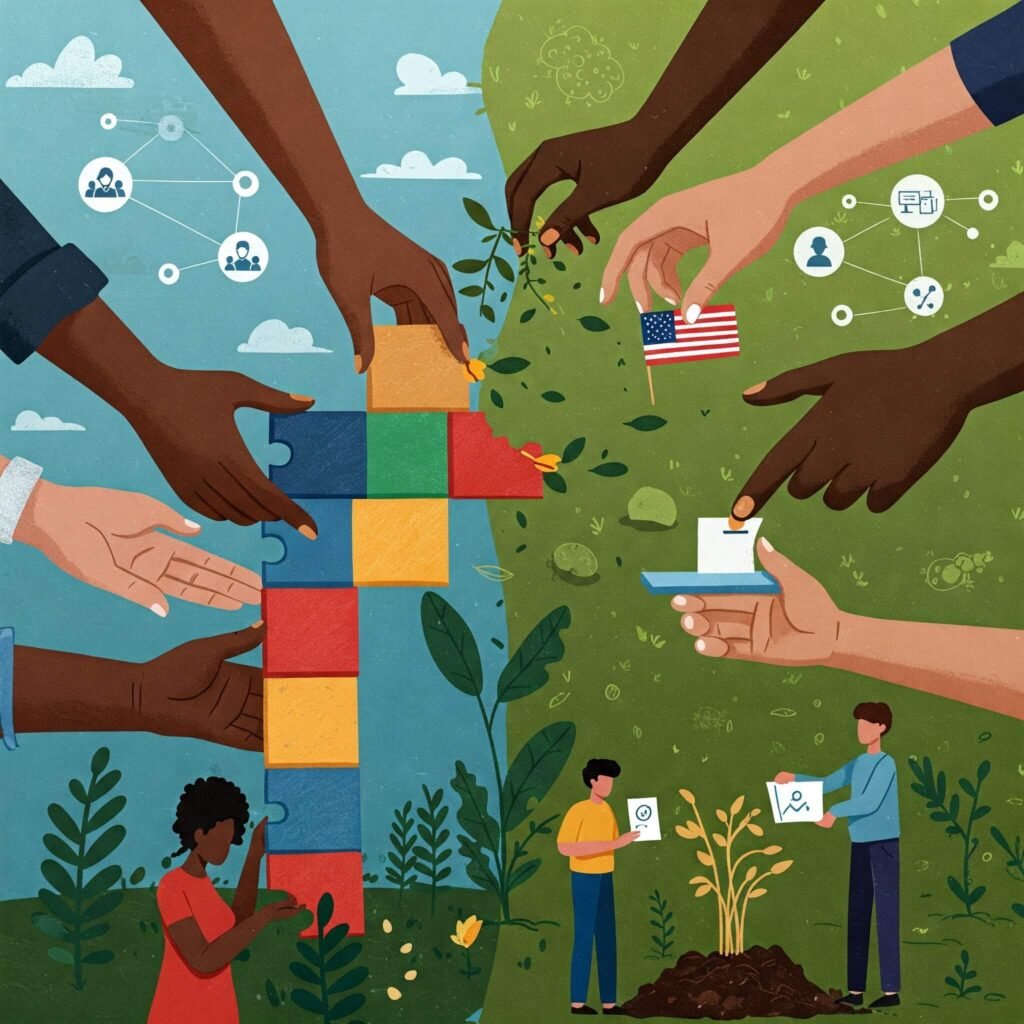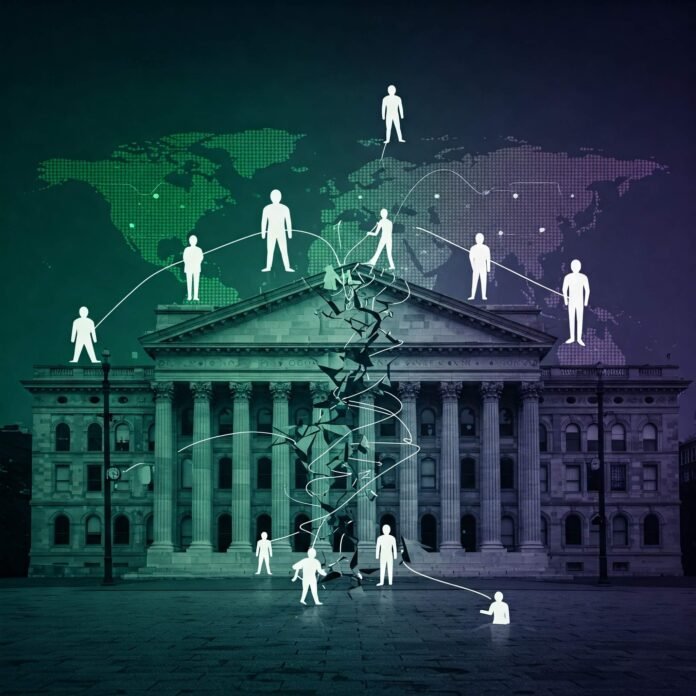If you’ve been paying attention to global events, political discourse, or even just your social media feed, you might have a nagging feeling: democracy in 2025 feels… different. It’s not just the usual political ups and downs; there’s a deeper shift happening, a sense that the ground rules are changing. The systems and norms we thought were stable seem more fragile, more contested. Why is this feeling so pervasive, and what does this evolving landscape mean for the future? Let’s dive into the heart of why democracy in 2025 feels so distinct and explore the path forward.
Why Democracy in 2025 Feels Fundamentally Different
The feeling of change isn’t an illusion. Several powerful forces are converging to reshape the democratic experience in 2025. These aren’t isolated incidents but interconnected trends that are putting unprecedented pressure on democratic institutions and norms worldwide.
The Digital Deluge and Its Impact on Democracy in 2025

Perhaps the most palpable change is the sheer scale and speed of the digital information ecosystem. In 2025, social media and online platforms aren’t just tools for connection; they are primary arenas for political debate, information dissemination, and, unfortunately, manipulation.
- Accelerated Misinformation & Disinformation: Lies and conspiracy theories spread faster and wider than ever before, eroding trust in facts and institutions. Algorithms can create powerful “filter bubbles,” showing people only information that confirms their existing biases.
- Echo Chambers and Polarization: Online communities, while connecting like-minded individuals, can also deepen societal divides, making constructive dialogue across political lines increasingly difficult. This amplifies political polarization.
- New Battlegrounds for Influence: State and non-state actors exploit digital platforms to interfere in elections, sow discord, and undermine democratic processes from within. [Outbound Link: Report on foreign interference in elections]
Shifting Global Power Dynamics Affecting Democracy in 2025
The international stage in 2025 also contributes to this feeling of difference. The post-Cold War unipolar moment is long over, and the rise of assertive authoritarian states presents a significant ideological challenge to democratic ideals.
- Authoritarian Resurgence: Governments consolidating power and suppressing dissent offer an alternative model that appeals to some and actively seeks to undermine democracies globally.
- Geopolitical Competition: Great power rivalry often plays out with democracies and non-democracies on opposing sides, sometimes forcing difficult compromises or highlighting the perceived inefficiencies of democratic decision-making.
- Influence on Democratic Backsliding: External support for anti-democratic movements within struggling democracies adds another layer of complexity to maintaining open societies. [Outbound Link: Index tracking global democratic backsliding]

Internal Pressures and Strain within Democracy in 2025
Beyond the digital and global, internal fissures are widening in many established democracies.
- Erosion of Norms and Institutions: Traditions of compromise, respect for minority rights, and the independence of institutions like the judiciary or electoral bodies face increasing pressure and, in some cases, open defiance.
- Growing Inequality and Discontent: Economic disparities, combined with cultural anxieties, fuel populist movements that often challenge established democratic structures and capitalize on public frustration.
- Heightened Tribalism: Political identity in 2025 often feels less like choosing a policy platform and more like belonging to a warring tribe, where loyalty outweighs evidence or reasoned debate.
What Comes Next for Democracy in 2025 and Beyond
The challenges facing democracy in 2025 are significant, but the story isn’t over. The feeling of difference can also be a catalyst for adaptation and resilience. What comes next depends on conscious efforts to understand and respond to these evolving dynamics.
Navigating the Digital Landscape for Democracy in 2025
Responding to the digital challenge requires a multi-pronged approach.
- Promoting Media Literacy: Empowering citizens with the skills to critically evaluate online information is crucial. Education is a key defense against misinformation.
- Debating Platform Accountability: Societies are grappling with how to hold large tech platforms accountable for the content they host and the impact of their algorithms without infringing on free speech. [Outbound Link: Discussion paper on platform regulation]
- Utilizing Tech for Good: Exploring ways technology can enhance democratic participation, transparency, and connection is equally important.
Strengthening Democratic Institutions in 2025
Reinforcing the foundations of democracy is paramount.
- Rebuilding Trust: Governments and institutions need to demonstrate transparency, accountability, and a focus on serving the public good to regain citizen trust.
- Protecting Electoral Integrity: Ensuring free, fair, and secure elections is non-negotiable and requires constant vigilance against internal and external threats.
- Investing in Civics Education: A well-informed citizenry understanding the principles and mechanics of democracy is essential for its long-term health.
Fostering Inclusive Dialogue within Democracy in 2025
Healing internal divisions requires intentional effort to bridge divides.
- Encouraging Civil Discourse: Finding ways for people with differing views to engage respectfully, perhaps through community initiatives or facilitated discussions.
- Addressing Root Causes of Discontent: Tackling issues like economic inequality, lack of opportunity, and social exclusion can reduce the fertile ground for polarization and populism.
The Role of International Cooperation for Democracy in 2025
Working together globally is vital in an interconnected world.
- Supporting Democratic Transitions: Assisting countries striving to build or maintain democratic systems against internal and external pressures.
- Countering Authoritarian Influence: Collaborating to expose and counter efforts by authoritarian regimes to undermine democracies abroad.
- Sharing Best Practices: Learning from each other’s successes and failures in navigating the challenges to democracy.
Actionable Steps for Protecting Democracy in 2025

Feeling concerned is valid, but it’s important to channel that energy into constructive action. What can you do about the state of democracy in 2025?
Here are a few actionable takeaways:
- Be a Critical Consumer of Information: Don’t share information online without verifying it from multiple credible sources. Be skeptical of sensational headlines.
- Engage Locally: Participate in local government, attend town halls, or volunteer for community initiatives. Democracy is built from the ground up.
- Support Independent Journalism: Reliable, fact-based reporting is essential for a healthy democracy. Subscribe, donate, or share work from reputable news organizations.
- Vote: Your voice matters. Participate in all elections – local, regional, and national.
- Practice Civil Discourse: Engage in political discussions with friends, family, or online respectfully, even when you disagree. Listen as much as you speak.
Conclusion
The feeling that democracy in 2025 is different isn’t just a feeling; it’s a reality shaped by rapid technological change, shifting global dynamics, and persistent internal pressures. The challenges are real and significant. However, acknowledging this difference is the first step towards building more resilient, inclusive, and adaptive democratic systems for the future. The next chapter of democracy isn’t predetermined; it’s being written now, through the choices and actions of citizens, institutions, and leaders around the world. Understanding why democracy in 2025 feels different is not a cause for despair, but a call to informed, active engagement in shaping what comes next.

